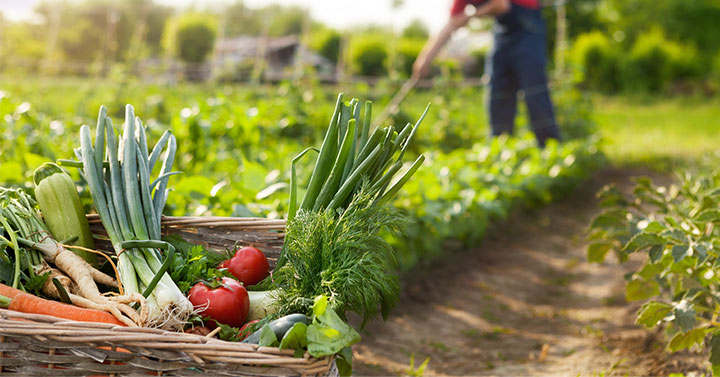Organic farming may be on the rise, but — at the same time — farmers say they aren’t planning to expand their organic production. Why the disconnect? According to Dennis Fugate, Agriculture Industry Manager for our Agriculture and Specialty Pesticide practice, “Farmers, in general, feel that demand for organics may have leveled off.” Consistent with this statement, a USDA survey of organic growers indicated that only 29% of organic farmers expected to expand their production, with 8% stating that they would discontinue or decrease their production.”
That certainly seems contradictory to the fact that the number of certified farms in the United States increased 17% between 2016 and 2019, with acreage devoted to organic crops climbing from 4 million to 5.5 million — a 37.5% increase. In 2008, there were approximately 11,000 certified farms; by 2019, that number had increased to 16,500, with total sales of organics reaching an all-time high of $9.9 billion for the year. In addition, demand for numerous organic vegetables registered strong growth in 2019, as per the USDA. Lettuce, corn (for grain), spinach, potatoes, carrots, and vegetables under cover were up 44%, 49%, 52%, 3%, 49%, and 49%, respectively. Growth was solid for fruits too, with apples, grapes, strawberries, and blueberries up 45%, 52%, 33%, and 104%, respectively. Still, Fugate reiterates that the growth of organic farms is expected to taper. “This is because early strong demand has already been met, meaning that future growth will need to come from converting more consumers,” he says. “And that is easier said than done.” The situation isn’t helped by the fact that organic fruits and vegetables are expensive; on average, they can cost as much as 20% more. In addition, not everyone is convinced that non-organics are less healthy or that items labeled “organic” really are organic. In fact, a judge recently sentenced the mastermind of the largest organic food-fraud scheme in the history of the United States to 10 years in prison for deceiving thousands of customers into paying extra for products ranging from eggs to steak — products they were led to believe were better for the environment and their own health. The opposite was true. “This has damaged public perception of the industry,” concludes Fugate. “For this reason and others, organic vegetables and fruits may end up as a ‘niche’ product that has largely already been filled.”
About this blog:
The Organic Fruits and Vegetables Market Is Increasing — So Why Is the Rate of Growth Expected to Slow? contains insights from Dennis Fugate, Agriculture Industry Manager for Kline’s Agriculture and Specialty Pesticide practice. He is responsible for the syndicated market research reports covering all pesticide-related markets. Dennis has more than 30 years of experience in various ag and specialty pesticide markets. He began his career with Kline in 1996, working on various multiclient and proprietary studies. Previously, Dennis served in various capacities in the animal health and pest-control divisions of Zoëcon. He has also worked as a marketing manager for the biocontrol division of W.R. Grace.
Press inquiries:
Lance Debler
Content Marketing Manager
Kline & Company
+1-973-435-3425

